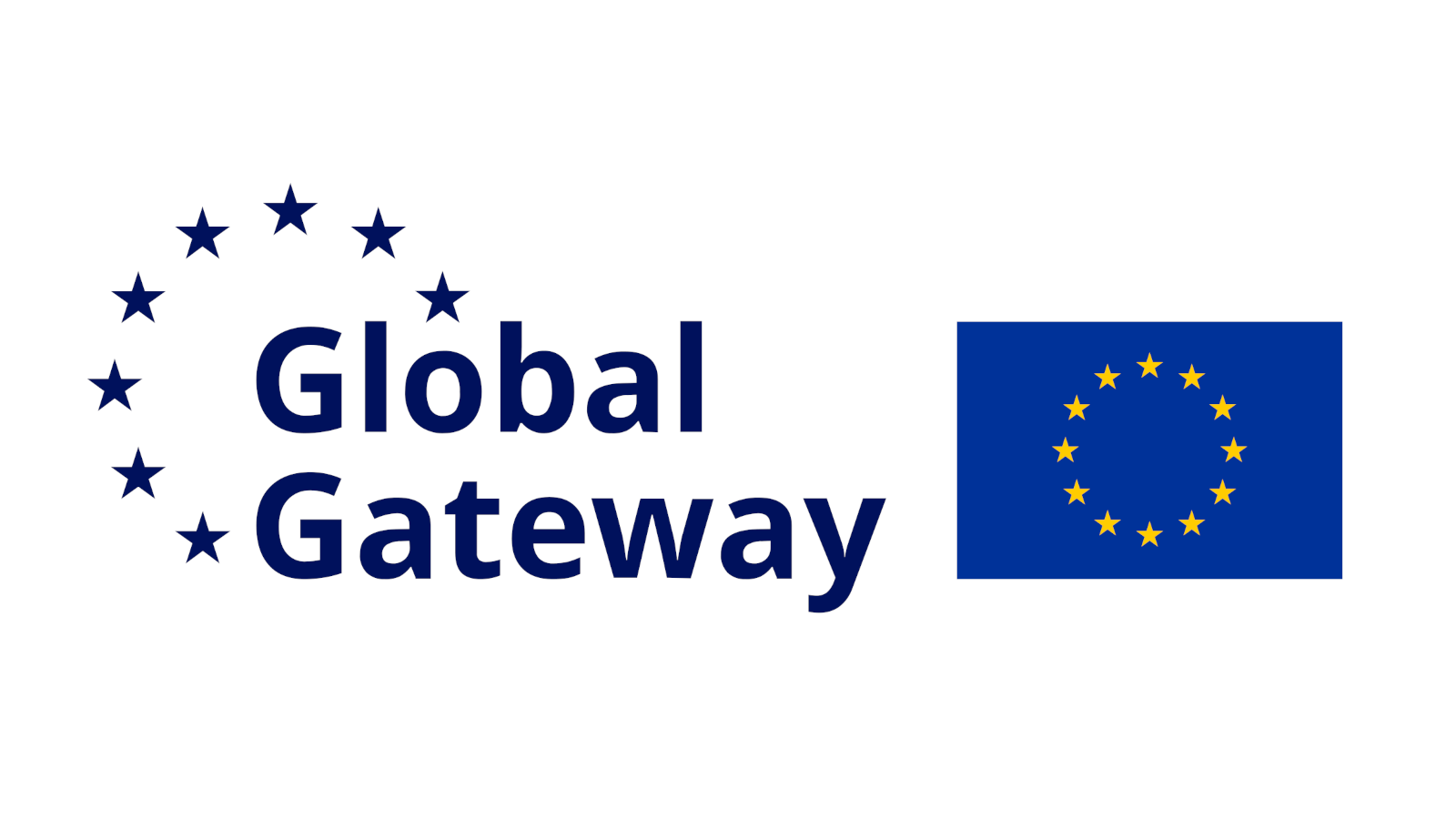- 23 AugData on Belarus now available in NCSI
- 23 AugArmenia joins the index
- 19 JulUkraine takes third place in the index
- 4 JulMoldova joins the Index, ranks third
- 22 JunEstonian cyberspace security ranks 5th in the world
- 27 MayCzech Republic takes the lead in NCSI
- 11 OctLithuania takes the lead in NCSI
- 4 SepCanadian data is now available
- ← Newer Older →
23 Aug 2017
Data on Belarus now available in NCSI
Data regarding the situation of cyber security in Belarus is now available in the National Cyber Security Index. With impressive scores especially in the field of baseline cyber security indicators, Belarus enters the index in third place.
The data for Belarus was provided by Ms Anna Pobol, Associate Professor at the Belarusian State University, and checked by NCSI experts. The information is now published on the NCSI website at http://ncsi.ega.ee/ncsi-index.
23 Aug 2017
Armenia joins the index
Data on Armenian cyber security is now available in the National Cyber Security Index. Armenia scored highest in their capacity to fight against cybercrime and currently holds the 21st position in the index. The data for Armenia was provided by Mr Tigran Afrikyan, Technical Director at the e-Governance Infrastructure Implementation Unit (EKENG CJSC), and checked by NCSI experts. The information is now published on the NCSI website at http://ncsi.ega.ee/ncsi-index.
19 Jul 2017
Ukraine takes third place in the index
Data on Ukrainian cyber security is now available in the National Cyber Security Index. With good scores across the board, especially regarding the country's capacity to develop national cyber security policies, capacity to fight against cyber crimes, and capacity to provide e-identification and e-signatures, Ukraine is currently ranked third in the index.
The data for Ukraine was provided by Mr Roman Boiarchuk, Chief of CERT-UA and checked by NCSI experts. The information is now published on the NCSI website at http://ncsi.ega.ee/ncsi-index.
4 Jul 2017
Moldova joins the Index, ranks third
Data on Moldovan cyber security is now available in the National Cyber Security Index. With notable full scores in the areas of providing a secure environment for e-services, providing e-identification and e-signatures, and capacity to fight against cyber crimes, Moldova is currently placed third in the index.
The data for Moldova was provided by a freelance cooperation partner of the e-Governance Academy, Mr Veaceslav Puscasu and checked by NCSI experts. The information is now published on the NCSI website at http://ncsi.ega.ee/ncsi-index/.
22 Jun 2017
Estonian cyberspace security ranks 5th in the world
The World Summit on the Information Society Forum 2017 took place on 12-16 June in Geneva, where the International Telecommunication Union (ITU) introduced a new iteration of the Global Cybersecurity Index. According to this index Estonia ranks 5th in the world and 1st in Europe.
Estonia ranked fifth after Singapore, USA, Malaysia and Oman. Norway was placed 11th, Finland 16th and Sweden 17th. From the Baltic countries, Latvia takes the 21st and Lithuania 57th position. The index covers all 195 countries of the world. In addition to ITU’s index, several alternative indices were introduced in Geneva: the Estonian e-Governance Academy presented a new National Cyber Security Index, the Oxford University Global Cybersecurity Capacity Centre presented its Cybersecurity Maturity Model and the World Bank introduced its new self-assessment tool for measuring cybercrime.
Raul Rikk, Head of Cyber Security Domain at the e-Governance Academy, pointed out that regarding the ITU’s index, it is interesting to witness that countries with relatively poor ratings in ICT development indices have quite good positions in the cybersecurity index. “Yet the countries ranking well in the ICT development indices, don’t necessarily have as good positions in the Global Cybersecurity Index,” said Rikk.
According to Rikk, ITU generally uses the same approach for the cyber security measurement as it did during the first time in 2014. The index consists of 5 areas: legislation, technical capacity, organisational capacity, capacity building and cooperation. Regarding specific indicators, the new iteration is much more specific than before. Instead of 17 indicators, the new version has 25, which consist of 157 specific questions. This approach allows to measure countries’ cyber security situation much more precisely than before.
“Unfortunately, as the ITU does not present the input information, it is hard to judge whether the data and evidence materials presented by the governments are valid. Also, it makes it difficult to improve the situation in the countries, as the wider expert community can’t see which fields need improvements. In addition, the data was collected between January – September 2016, but many countries have significantly advanced their cyber security level since then,” said Rikk.
Rikk said, that for the above reasons, the Estonian e-Governance Academy developed an alternative index, which was launched last year. The National Cyber Security Index shows countries’ cyber security situation through 12 strategic capacities and 60 different indicators. Every positive answer is backed with publicly available evidence materials. The index is presented online at www.ncsi.ega.ee and is continuously updated.
Follow the link for more information on ITU’s Global Cybersecurity Index 2017.
Original source: http://ega.ee/news/estonian-cyberspaces-security-ranks-5th-in-the-world/
27 May 2017
Czech Republic takes the lead in NCSI
Czech Republic is the new leader of the National Cyber Security Index. The data was collected and provided by the European Cyber Security Excellence Centre located in Prague www.eucybsec.com Czech Republic is the first country, whose ratio between Information Society Development and National Cyber Security is positive: 2.91. The NCSI score is 72.73 points and ISD score is 69.82. It shows that country's ICT development is well balanced with national cyber security readiness capabilities.
11 Oct 2016
Lithuania takes the lead in NCSI
National Cyber Security Index has a new leader – Lithuania! The current score of the best performing country in the NCSI has 60,15 points which is 5.5p more than Australia who is currently holding the second position. Lithuania is remarkably good at three categories: developing national policies, ensuring baseline cyber security and providing e-identity and e-signature. On those areas they have scored maximum possible points. There are also three other categories where Lithuania has fulfilled over 80% of the indicators. All together, from 12 capacity measuring categories, 8 got at least 50% or more from the possible points. Lithuanian information was provided to eGA by NRD CS, which is a cybersecurity technology consulting, incident response and applied research company. Two contact people from Lithuania were Dr. Vilius Benetis and Mrs. Akvilė Giniotienė filled out the data and inserted it accordingly to the methodology. Lithuania has done remarkably good job in the field of cyber security as they have implemented several policies especially in the recent years. Although the ratio between Information Society Development (ISD) score and NCSI score is negative by 6.26 points, the cyber security situation in Lithuania is still very good.
4 Sep 2016
Canadian data is now available
e-Governance Academy cooperated with Global Risk Institute (GRI) in order to gather Canadian data on Cyber Security. The data collection was organised by Chami Akmeemana and Jenny Zhang from GRI and analysed by National Cyber Security experts. Information is now published on the NCSI website and can be accessed from http://ncsi.ega.ee/ncsi-index/.



